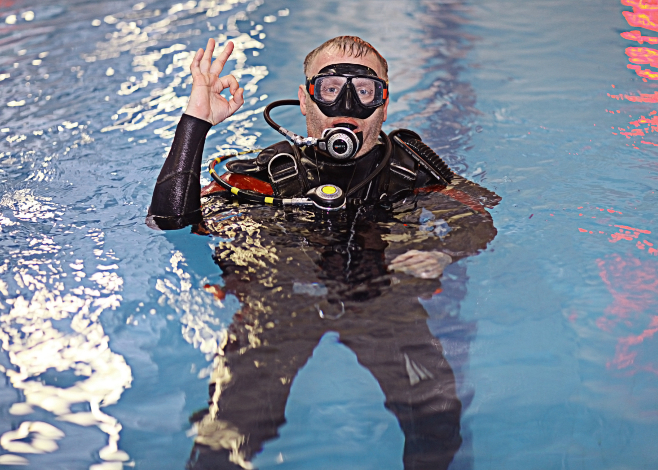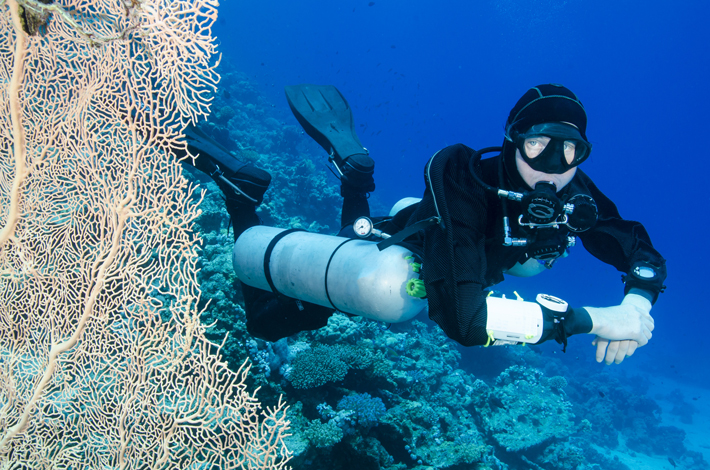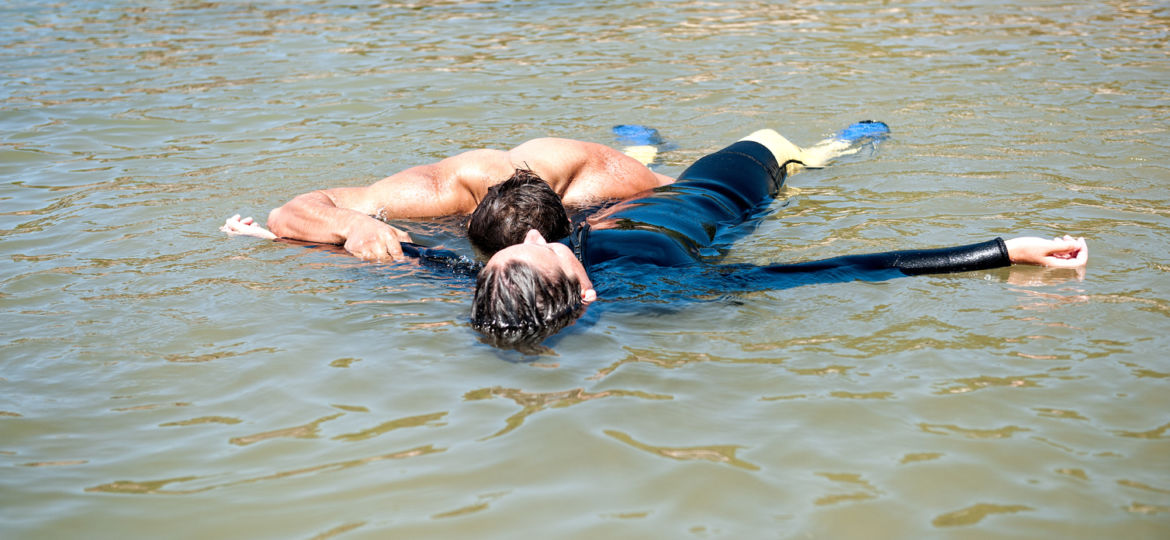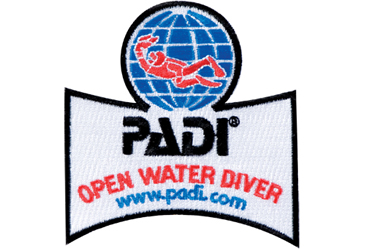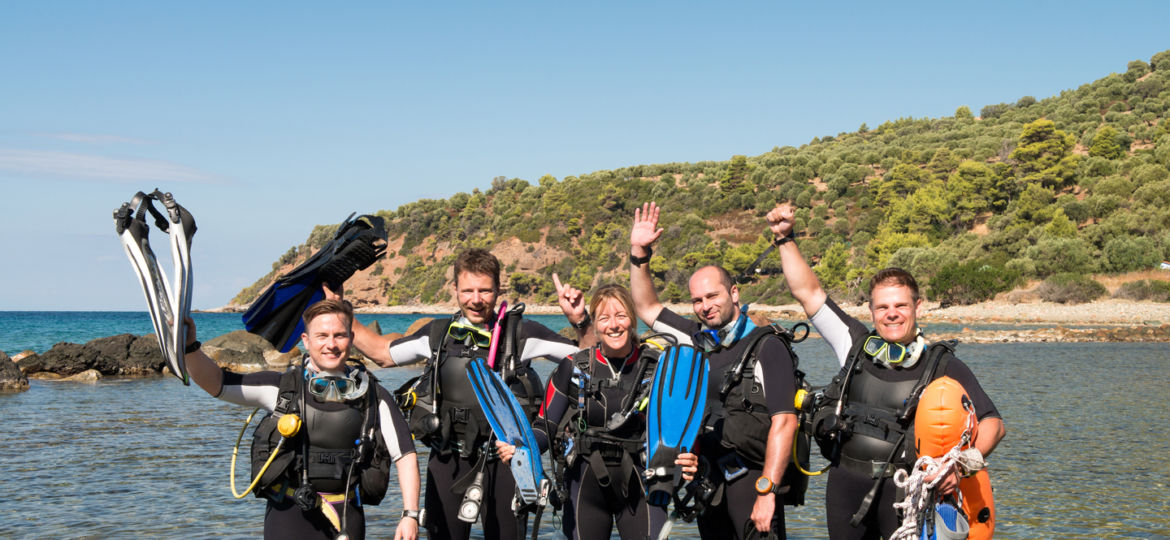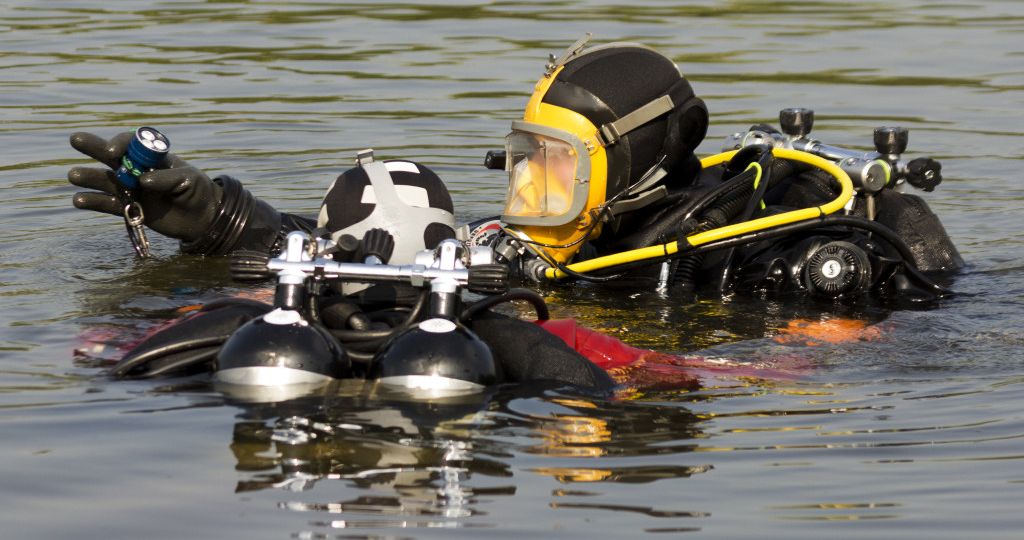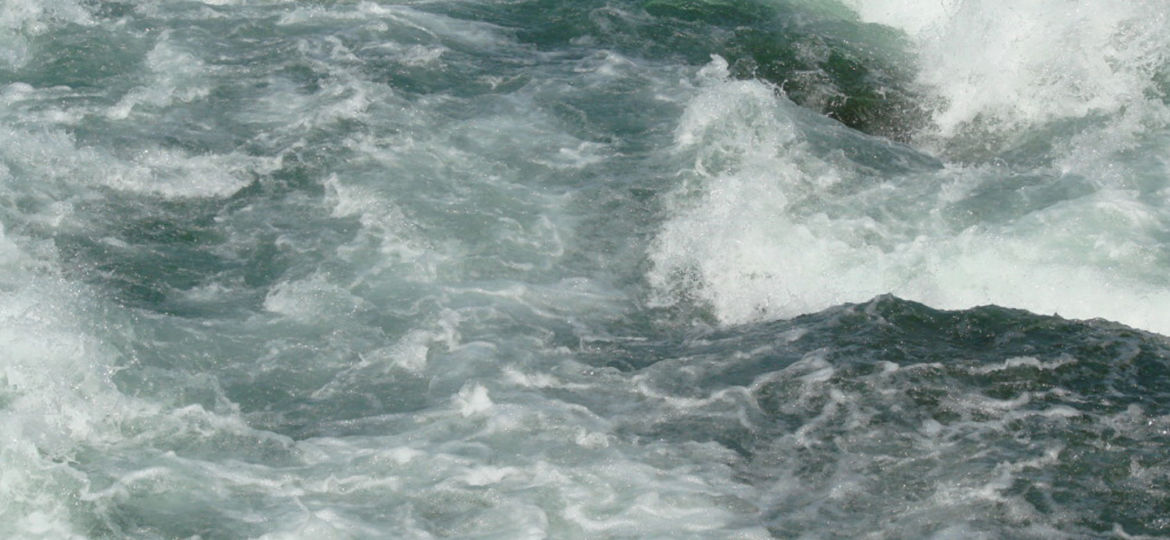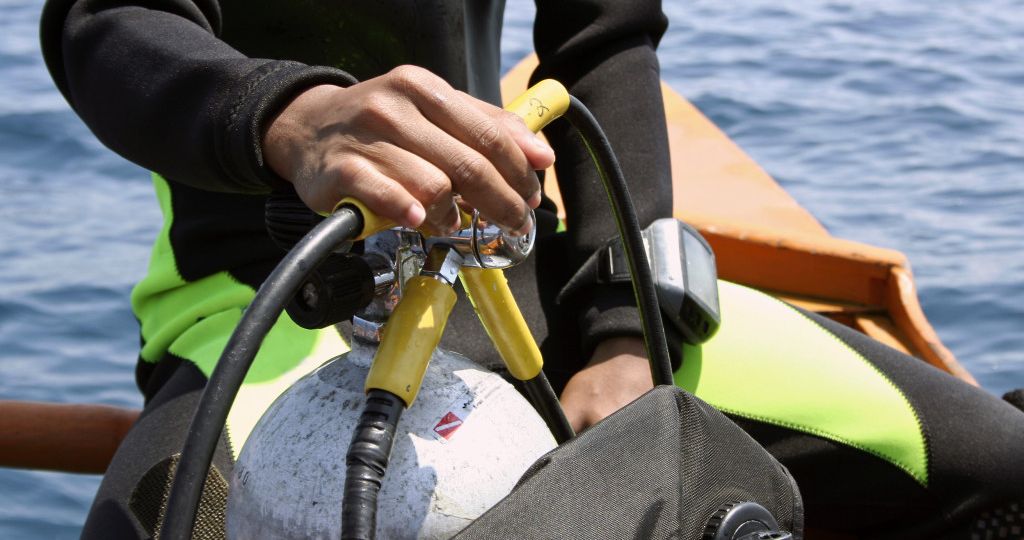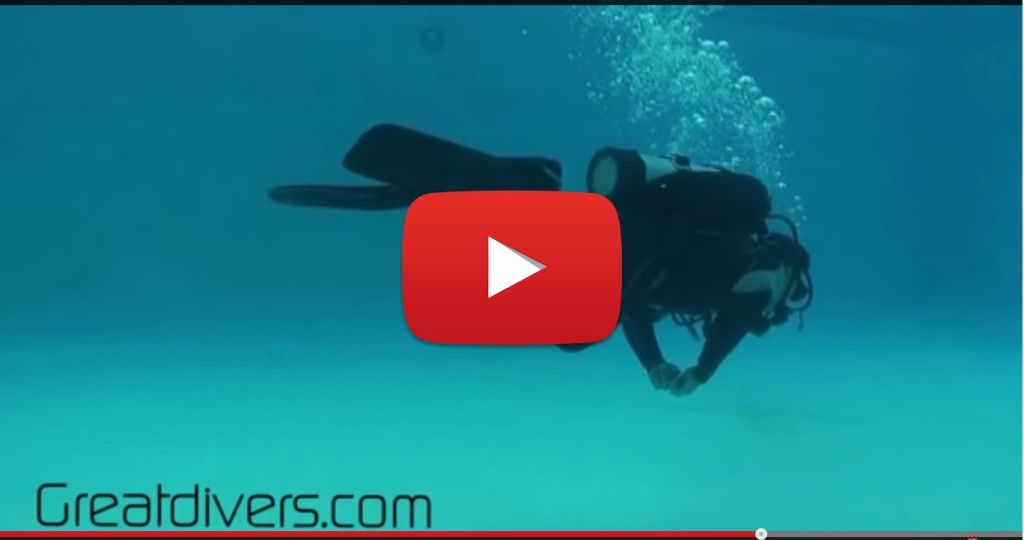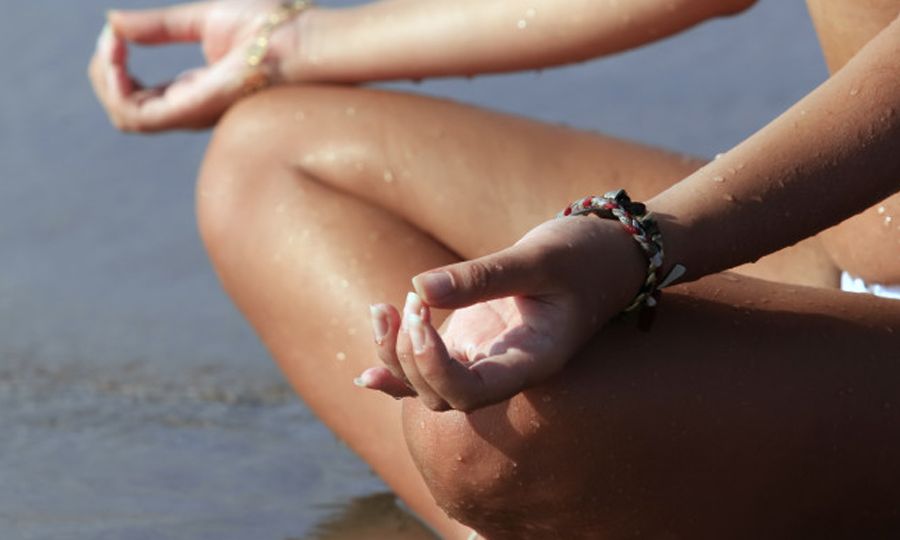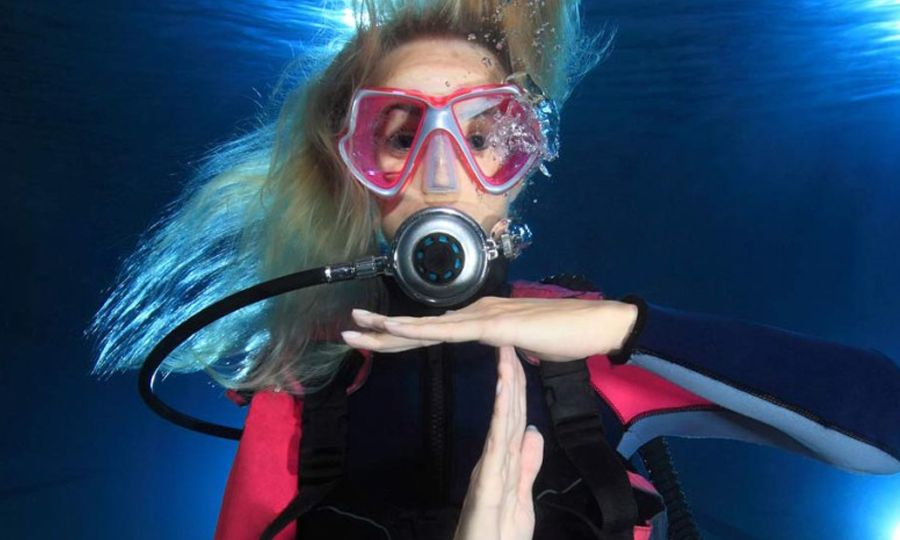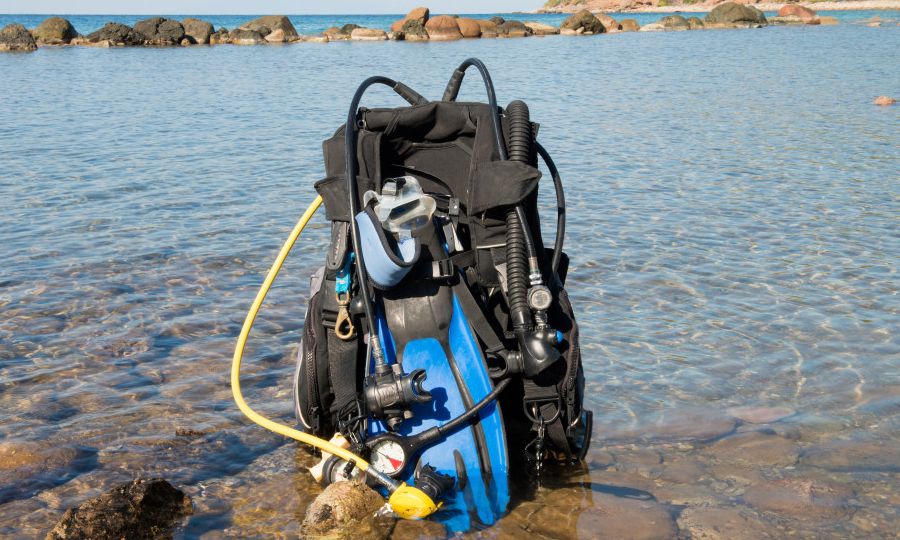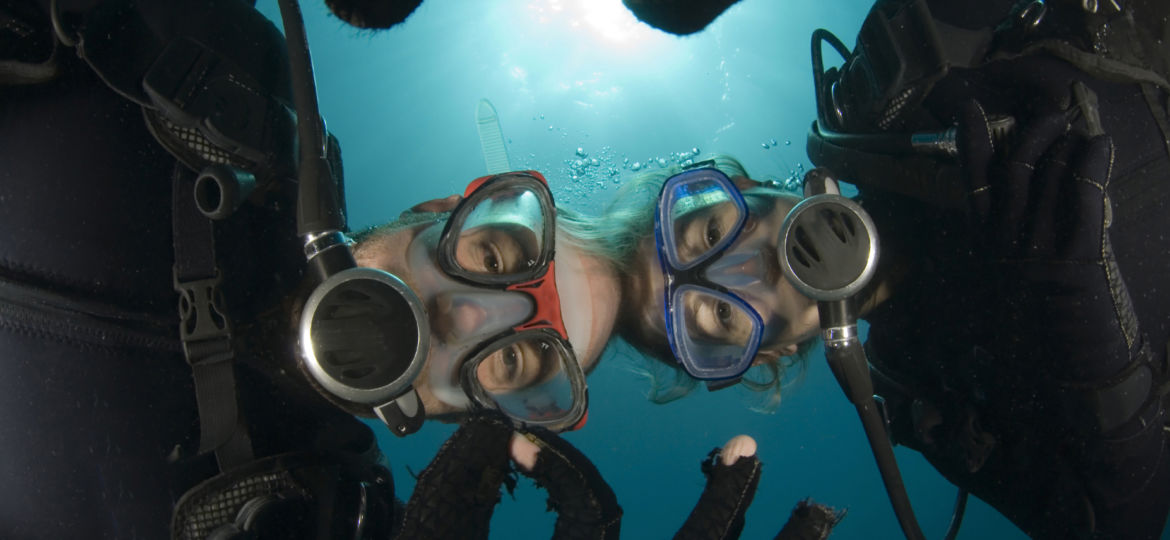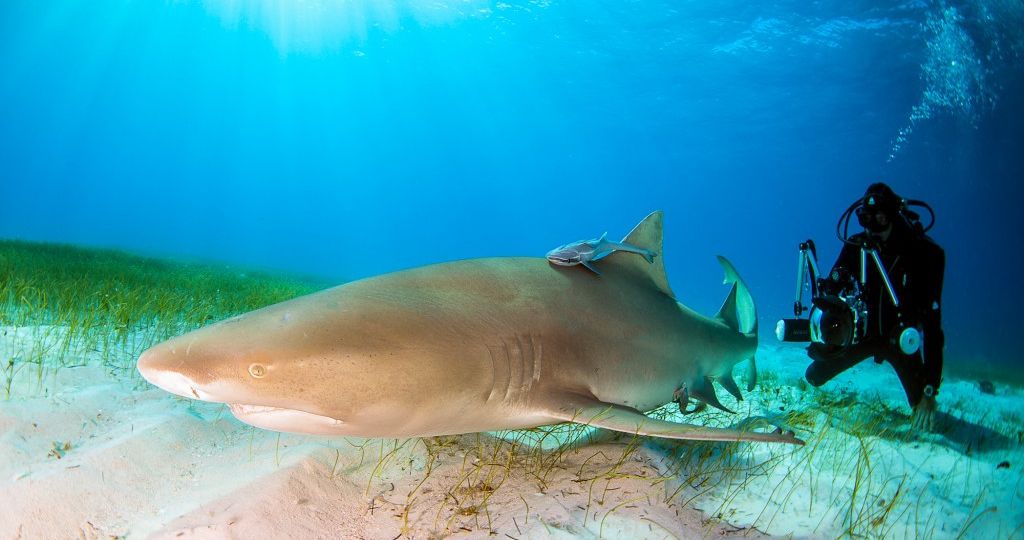While scuba diving is no doubt all about adventure, it’s also all about staying safe. As with many potentially risky hobbies, if you haven’t been diving in a year or more it may be time for a refresher course before taking that next trip.
Training
You might think that adding an additional tank and having a completely different configuration from the normal single-tank back-mount BCD is going to be complicated and difficult to learn, but it’s really not.
DAN Asia-Pacific recently published an article entitled “Divers Can Drown.” Based on DAN’s study, nearly half of all diving fatalities were caused by drowning.
PADI has recently revised its Open Water (OW) course, and while the new curriculum’s implementation is an ongoing initiative that…
Now that we’ve covered the recreational courses, let’s decode the professional ones
As instructors, it’s easy for us to slip into the mindset of “do as I say, not as I do,” because we rely on our experience and knowledge, and we know there’s a certain amount of flexibility in what we teach.
The thrill of flying over a reef can be exhilarating. But diving in currents can lead to problem situations if you’re not vigilant.
Every year, divers enter the water with their tank valves off, resulting in interrupted dives — and worse.
In this 3-part series, we’ll delve into scuba diving’s relationship with mindfulness, and how to use the practice to become a better diver.
Most new divers are taught the flutter kick when they start diving, and it’s easy to see why — the flutter kick is just like the one used in freestyle swimming.
In the previous installment of this 3-part series, we explored the notion of mindfulness and where it intersects with scuba diving. In this second part, we’ll examine how being more mindful during your dives can make you a better diver.
The idea of mindfulness has been gaining traction for some time now, as evidenced by the increase in courses, books and websites dedicated to teaching people how to be more present in the moment.
For many divers, available air dictates the length of the dive more than any other factor. Now is the time to learn how make your air last longer for longer dives.
If you own scuba equipment, knowing how to properly take care of it after a dive is crucial.
Find out what a dive guide or dive instructor looks for during a checkout dive.
Most shark bites are cases of mistaken identity. Avoid becoming a statistic by displaying the right behavior when diving with sharks.
The first step to making the transition from recreational diver to dive professional is becoming a divemaster. Once gained, this certification facilitates employment as a diver, and allows you to guide fun dives and assist with courses and qualifications.


